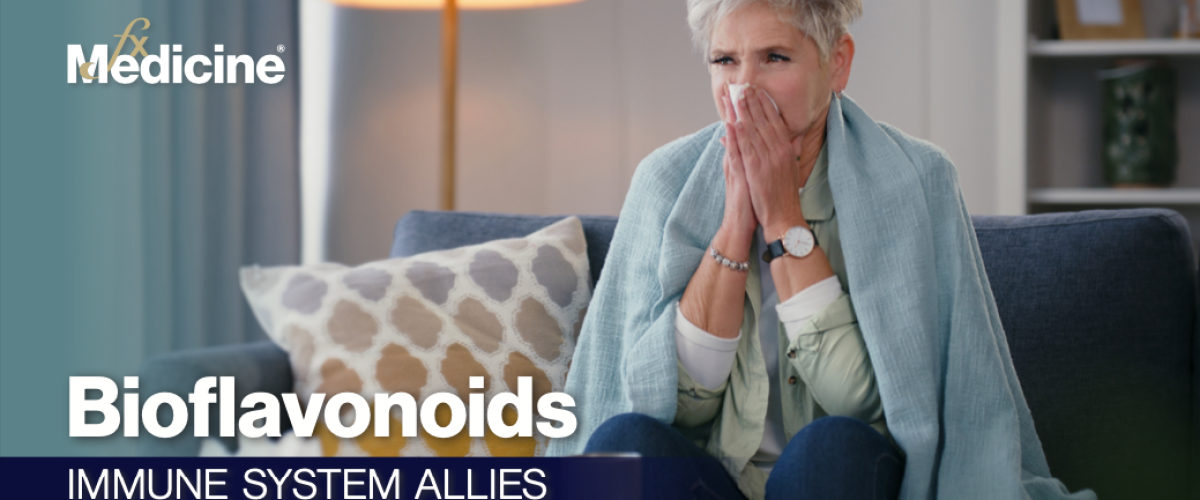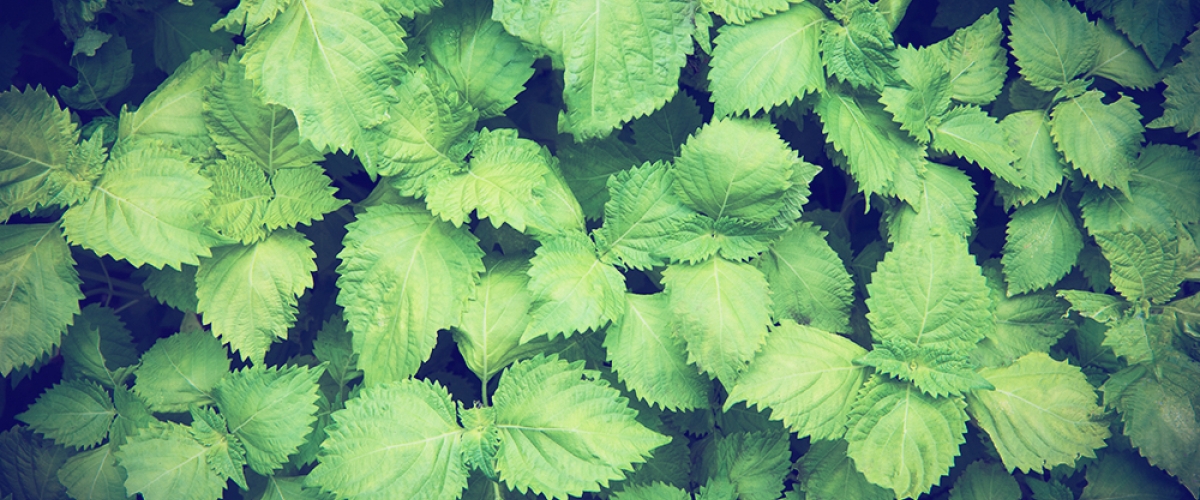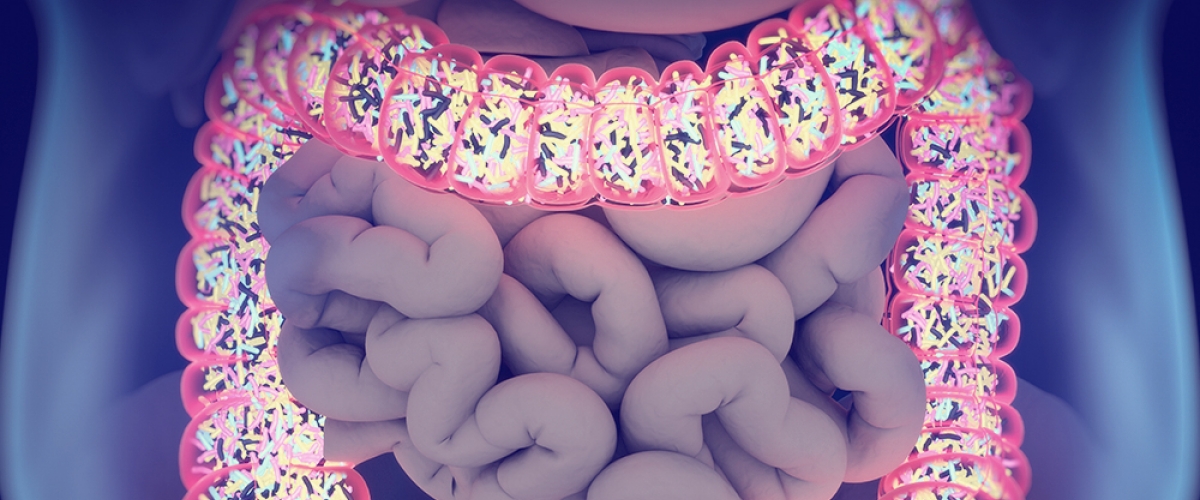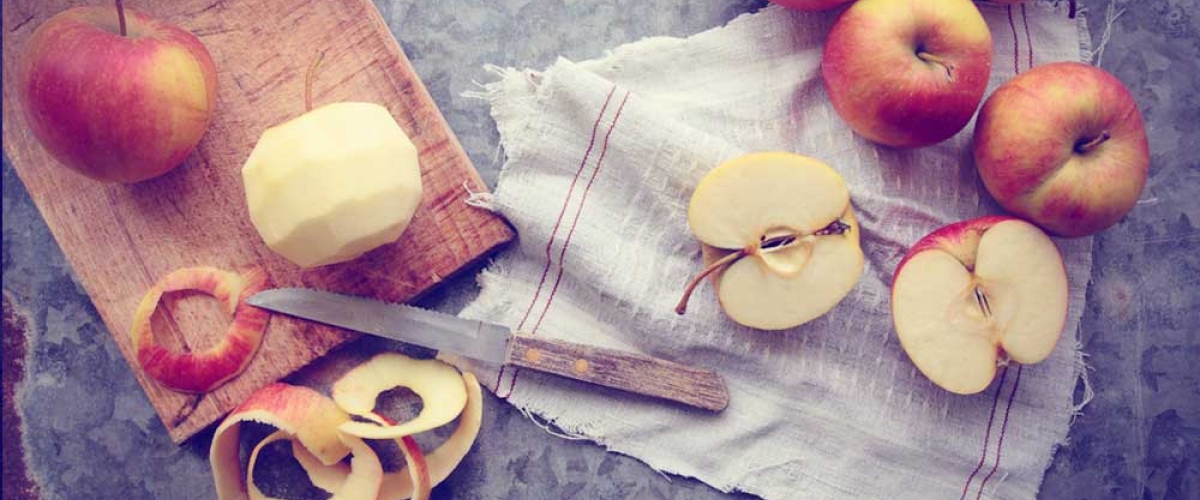Bioflavonoids, also known as vitamin P due to their effect on vascular permeability,1 are a group of compounds that are found throughout many plants, fruits, vegetables, and leaves. Bioflavonoids belong to the polyphenol group of plant compounds2 which are an extensive group of phytochemicals produced by plants in response to stress as a plant defence mechanism.3 To date over 8,000 different polyphenols have been identified.3 Though polyphenols differ in chemical structure, all share the same structural feature of an aromatic ring and at least one hydroxyl group.3 (See Figure 1)
When aiming to address allergic symptoms, reducing exposure to known allergens is essential. These recommendations can be given to assist in regulating normal immune responses and stabilising mast cells to reduce excessive histamine release.
If you struggle with allergy symptoms like a stuffy, runny nose, sneezing, irritable eyes or an itchy throat, you’re not alone - around one in five people in Australian and New Zealand suffer from allergic rhinitis.[1]
Mention quercetin and the first thing that will spring to mind for practitioners will most likely be its efficacy in the treatment of allergies. Often referred to as ‘nature’s antihistamine’, quercetin reduces the allergic response by stabilising mast cells and basophils thus preventing the release of histamine.
A recent randomised, double-blind, placebo-controlled, crossover trial assessed the impact of quercetin on elevated plasma uric acid levels in a homogenous male population.










